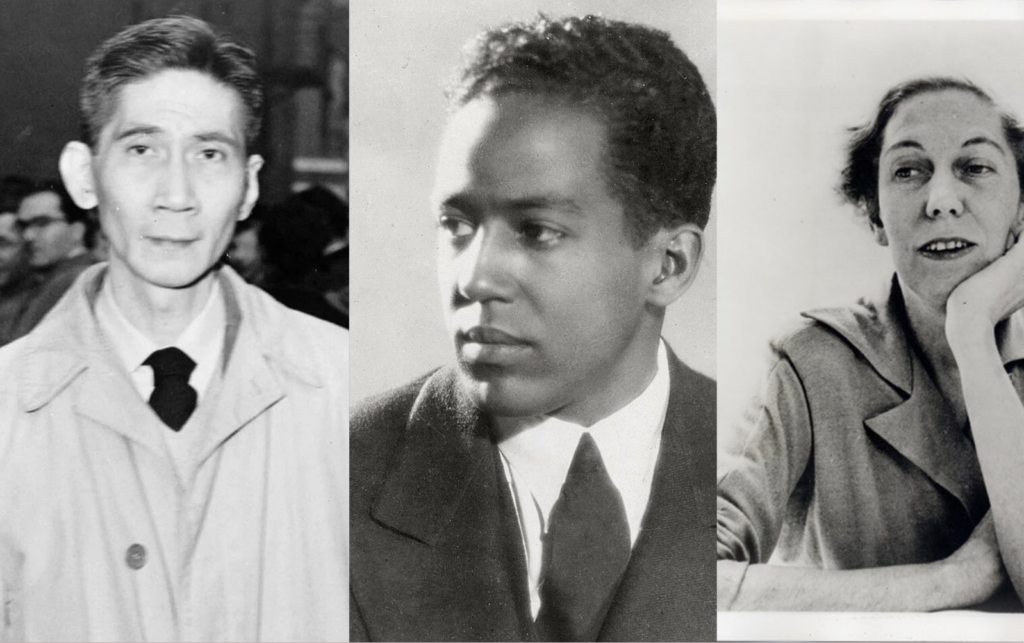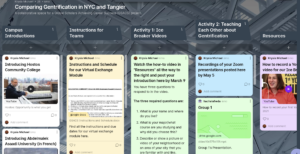CUNY Class Information
Instructor: Lamees Fadl
CUNY Campus: LaGuardia Community College
Class Title: Elementary Arabic I
Course number: ELA 101
International Class Information
Instructor: Mayyada El Sayed – Shahinaz Abd El Rahman
Partnership institution/ country: American University in Cairo
Class Title: Egypt Water Crisis: Challenges and Solutions CHEM 2001
Length of COIL Collaboration: 12 weeks
Project Description
This collaborative project between the American University in Cairo and LaGuardia Community College in New York will explore water challenges and factors affecting water quality and water distribution in Egypt and the US. We will discuss techniques of safeguarding the quantity and quality of water resources. Also, we will analyze the process of making decisions for water sharing among communities such as treaties of water-sharing policies. The students will learn about the world’s water crisis focusing on intentional, incidental or unintentional misuse of water resources in the two countries. The students also will evaluate the international treaties with respect to real world problems, focusing on socially responsible and ethical distribution of water resources. They will also create and conduct surveys with their communities to learn about people’s awareness about clean water resources, environmental water issues and factors that affect quality of water in their cities and countries.
Online Platforms
Zoom was used for synchronous discussions.
Padlet was used for asynchronous assignments.
Each instructor posted a weekly reminder for the tasks and activities due times on the
Blackboard.





